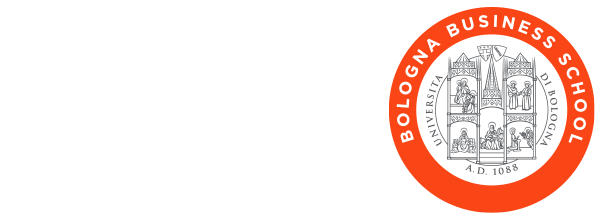SUSTAINABILITY MEASUREMENT AND MANAGEMENT LABORATORY (SuMM LAB)
REPORT 7: STRATEGIC VALUE CHAINS FOR CIRCULAR ECONOMY – CERAMIC SECTOR
The commitment of the sector towards sustainability is testified by the multiple initiatives put into place, both at the European, e.g. the “Ceramic Roadmap to 2050”, by the European Ceramic Industry Association, and national level, e.g. Ceramics of Italy for Sustainability. This project was launched in October 2020, born from the collaboration among Edi.Cer., Confindustria Ceramica, Focus Lab (a research agency for sustainable innovation solutions, social responsibility and the green economy) and with the support of MAECI (Ministry of Foreign Affairs and International Cooperation) and ITA (Italian Trade Agency). This effort is supported by a network of partnership developed both with institution, such as school, universities, communities and research centres, and business organisations. The main sustainability-oriented actions promoted by firms in the ceramic sector are developed both on the environmental dimension, such as decarbonisation, CE and mobility (e.g. the use of rail as an alternative to road transportation), and social dimension, in terms of corporate welfare and well-being, development of human capital and customer experience. Among the sample of companies included into the observatory, we selected the 50 firms, representative of the ceramic sector in the Italian industrial context. Considering the stratified sampling method applied for the data collection (see Report 1 “Framework development and dataset construction”), the companies considered are located between Emilia-Romagna and Umbria regions. The distribution in the different provinces is reported in the following Fig. 1.
Among the sample of ceramic manufacturing companies, the 54% of firms is a Large Enterprise, while the 46% is represented by Small and Medium Enterprises, involved in the value chain. Only the 12% of the companies in the sample do not implement any of the actions proposed, while 56% implement more than 10 sustainability-oriented practices. Considering the companies covered by the observatory, this represents a remarkable result, as 27% of the overall population of companies do not implement any practice and only the 21% exceed the 10 practices threshold.

